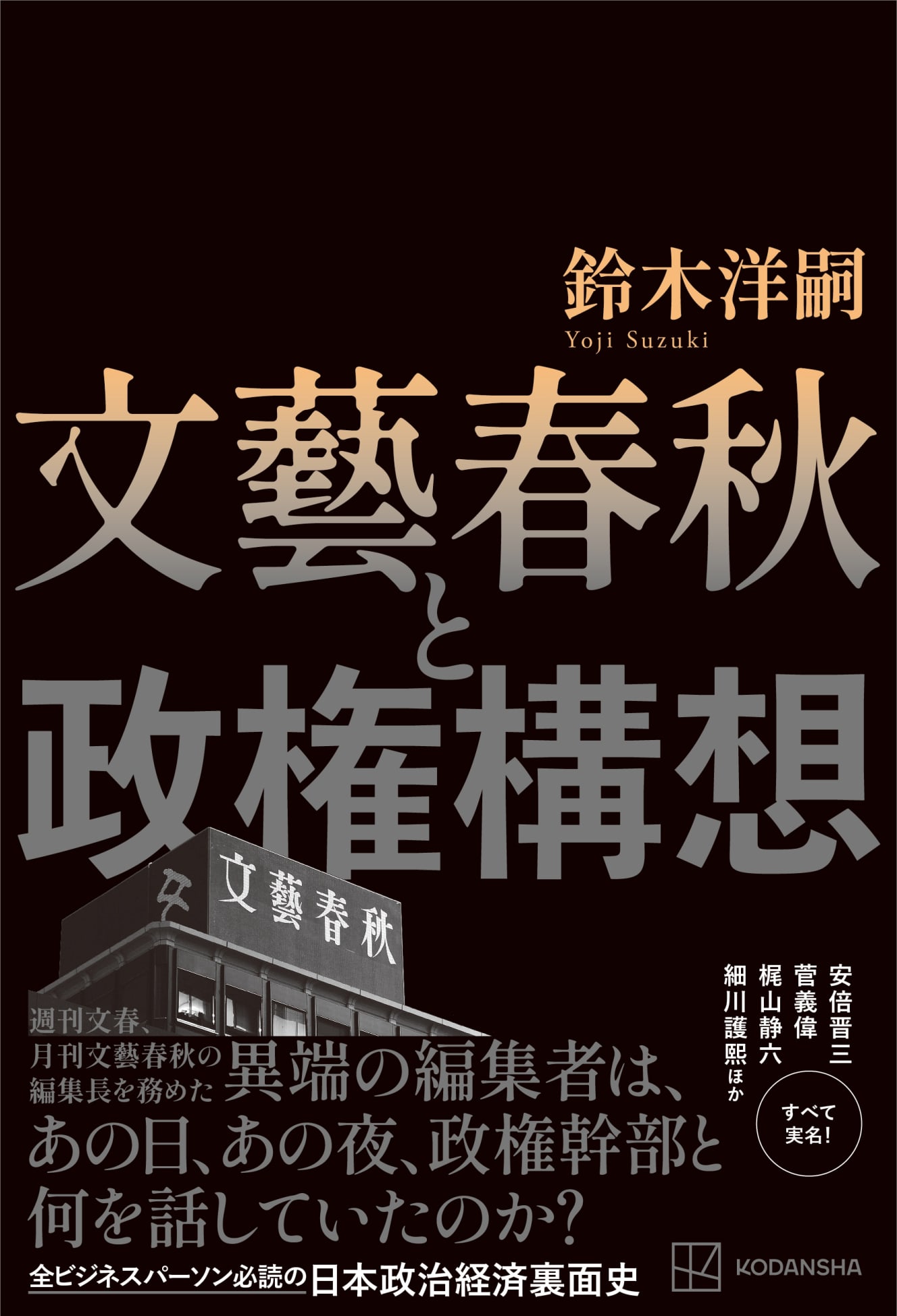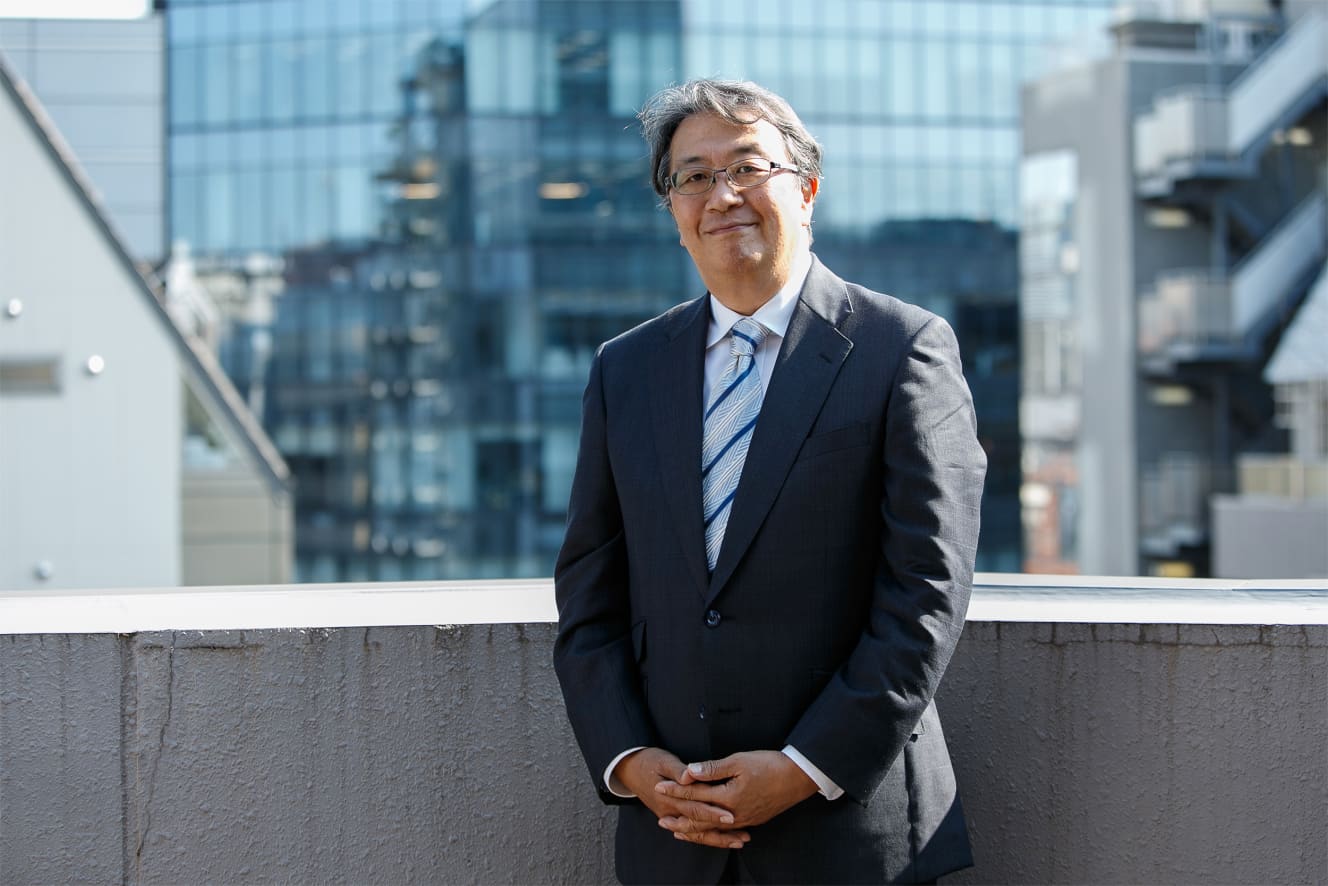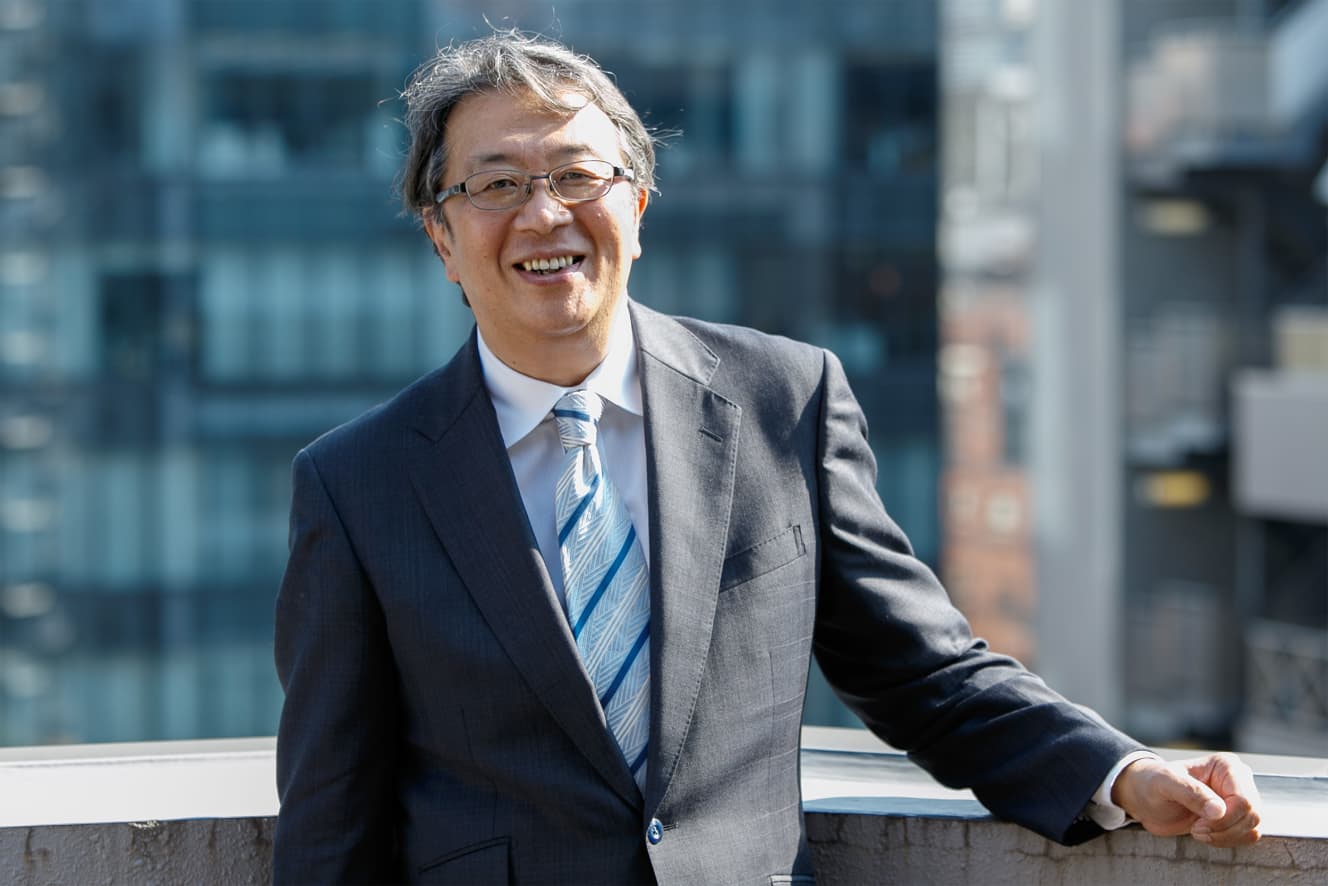Former Weekly Bunshun Editor-in-Chief Hirotsugu Suzuki Unveils Behind-the-Scenes Secrets of Nagata-cho Scoops
How did he deal with Hosokawa Morihiro, Kajiyama Shizuroku, Suga Yoshihide, and others?

“When I was a fledgling editor, I was taught that ‘99% of scoops are leaks.’ I did cover scandals involving money and women, but I found that ‘acquiring scoops’ merely involved bringing someone down from their position, which felt somewhat unsatisfying. I wondered if there might be a different approach and eventually arrived at ‘creating scoops’ by reporting on the voices behind political movements, such as the establishment of new parties or changes in government, ahead of the curve.”
Hirotsugu Suzuki (64), who served as the editor-in-chief of Weekly Bunshun from 2004 for four years, was a distinctive editor focused on pursuing “policy proposal scoops” from key politicians in the government.
In the book Bungei Shunju and Political Strategy (Kodansha), published on July 3, the detailed account of how Suzuki navigated relationships with prominent politicians is thoroughly documented.
“Unlike newspaper reporters, magazine journalists and editors do not have a beat system, which means we cannot stick with a subject for an extended period. However, this also has its advantages; for instance, without the compartmentalized thinking typical of news organizations, we could leverage information from economic coverage and present it to politicians.”
In the Hashimoto Ryutaro administration of 1996, the office of the late Seiroku Kajiyama, who served as Chief Cabinet Secretary, was frequented by ace reporters who later became prominent news anchors and political commentators, such as Ken Saito (62) from NHK and Shiro Tasaki (74) from Jiji Press.
“I pondered how to gather information from Kajiyama-san that could rival what these top reporters were obtaining. Kajiyama was a politician with strong views on financial policy. At that time, I had discovered through my reporting that hidden bad debts, estimated at 100 trillion yen, were undermining financial institutions. I thought of proposing economic policy suggestions to Kajiyama-san. Consequently, I decided to deliver a report to his secretary every Friday.”
Exclusive Scoop Comes to Fruition
In 1997, the collapse of Yamaichi Securities and Hokkaido Takushoku Bank revealed massive hidden bad debts, which had been concealed by the Ministry of Finance (then) and banks, plunging Japan into an unprecedented financial crisis.
“In such a situation, I was commissioned to write an article titled ‘Seiroku Kajiyama’s Emergency Proposal: A Scenario for Revitalizing the Japanese Economy,’ which appeared in the December 4, 1997 issue of Weekly Bunshun, spanning ten pages at the beginning of the magazine. This issue sold 710,000 copies and was sold out, and, unusually, newspapers and television followed up with additional coverage.”
The moment when the “created scoop” that gained Kajiyama’s trust came to fruition was a significant achievement.
Having retired from Bungei Shunju in June this year, Suzuki has established a small think tank. Key figures from the political and business worlds visit it day and night.
“Being able to create articles while figures like Kajiyama, Morihiro Hosokawa, Naoto Kan, Shinzo Abe, and Yoshihide Suga were at the heart of political movements has been a great honor for me as an editor.”
A quarter-century ago, Kajiyama warned Suzuki that Japan was on the brink of becoming a declining nation. To prevent this prophecy from coming true, Suzuki continues to make policy recommendations.

Click here to purchase “Bungei Shunju to Seikyosei Keikaku” (Literary Shunju and the Idea of Government) ( Kodansha).


From the July 19, 2024 issue of FRIDAY
PHOTO: Shinji Hamasaki